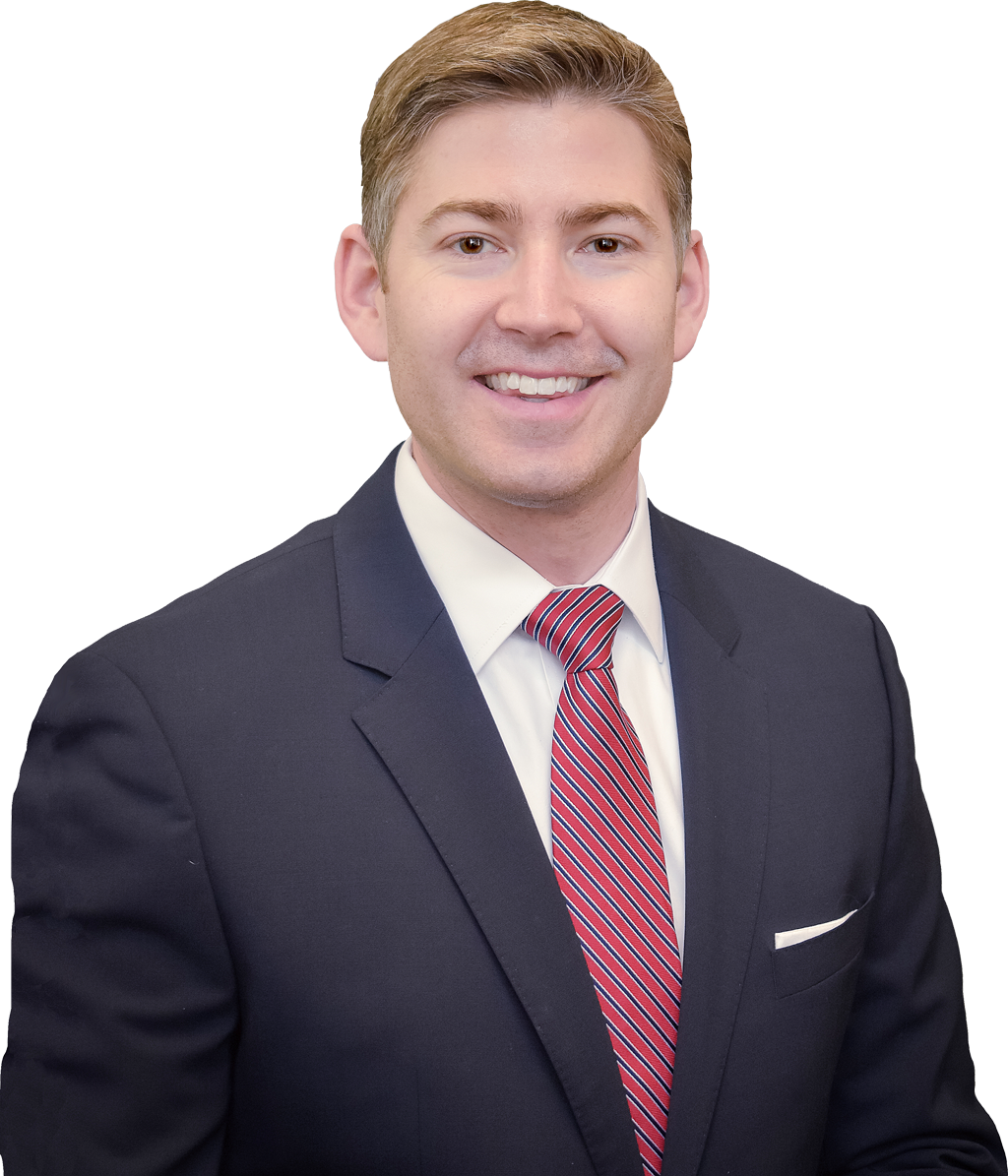Why am I paying so much city real estate taxes and home insurance at closing?
A common question I get when somebody is looking at the final figures is – Why do I pay so much for taxes and or insurance upfront? Aren’t I double-paying? People always ask me if they are double-paying for these items because essentially they are. The reason is because of when the taxes and insurance are due. City taxes are due quarterly in Massachusetts (4x per year) and home insurance is always paid for a full year in advance.
Taxes
When you close on a property in Massachusetts, the bank is going to ask for the first quarterly tax bill to be paid right at closing (3 months) and then they likely will collect 2 extra months at closing. The reason for this is because in addition to the quarterly tax payment being made at closing, the bank needs to make sure they have enough of your money to pay your taxes for you for the next tax bill as well.
For illustration purposes let’s say you close January 15th on a property and the first quarterly tax bill is due March 1. The bank is going to collect the March 1 tax payment at closing (3 months of taxes) and make that payment right away in January. Now the bank must be prepared to pay the next quarterly bill due June 1 (and usually paid sometime in May). On May 1 the bank wants to have 3 months of taxes in the account to make that payment and then this process continues all year.
At closing on January 15th you pay 3 months for the immediate quarterly bill but then the bank collects 2 extra months for your tax escrow account. The 2 extra months get deposited into the escrow account and your first mortgage payment is not due until March 1 if you closed in January (you always skip a month payment after closing). On March 1 you make a mortgage payment which includes another 1 month of city tax escrow (and home insurance escrow) into the corresponding escrow accounts. Now the account holds 3 months of taxes (2 from closing and 1 from March 1 payment). On April 1, you make yet another payment and the bank then has 4 months of taxes in the escrow account.
On May 1 the bank collects its 5th month of taxes into the account but then immediately pays the quarterly tax bill to the city bringing the balance back to two months. Generally speaking the bank will always be setup with an extra 1-2 months of taxes in your escrow account. This is important because the tax bills inevitably get increased by the city on a yearly basis and the bank likes to have enough to make the new increased payments in the new year.
The bank will do an escrow analysis every spring and if they determine that based on the city’s new tax assessment you will run into a shortfall – they might send you a letter stating they are increasing your monthly payment as a result of higher taxes.
Home Insurance
The insurance companies always get the entire annual insurance paid upfront at one time. To handle this the bank collects 14 months of payments at closing – which pays the first year and then puts 2 months into your escrow account for insurance. From the scenario above you will not make a mortgage payment until March which will give you 3 months of insurance payments in the account. The bank will get a bill from the insurance company in December of the same year for the bill due in January and will need to make an annual payment in full again leaving your escrow account at that time with only 1 month in it. It is essentially the same basic idea as the taxes except that the insurance is paid 12 months at a time as opposed to 3 months at a time. If the insurance company increases the premium the bank will need to reassess your monthly payment to cover the insurance gap as well.

Chris Butts
VP Sales Manager
NMLS# 613440
Chris Butts is a Loan Originator and Sales Manager at Leader Bank. He has been in the mortgage industry for over 15 years and is committed to providing his customers with the highest quality service. His extensive experience and knowledge allow him to effectively and consistently help his customers during the loan process, whether it’s a first time home buyer, a refinance or purchasing a dream home.
Learn More About Chris